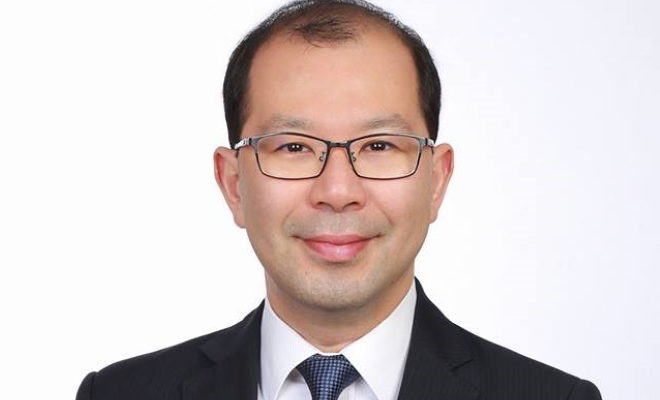
Health x Wellness
Men with bigger prostate – can you protect your urine function and sex life?
If you are a male, you will get a bigger prostate when you grow older.
It is just a matter of time.
Only men have the prostate gland. It produces prostatic fluid, which is a component of semen. This supports the function of sperm. Due to constant influence of our male hormone called testosterone, our prostate gland will grow bigger in size with time.
- Who gets prostate enlargement?
Every man can get an enlarged prostate, called benign prostatic hyperplasia (BPH).
This mainly affects men older than 50 years old, although some younger men have urinary problems affected by an enlarged prostate too.
- Is BPH the same as prostate cancer?
BPH is not cancer. It is a natural process where our prostate gland gets bigger in size when men grow older.
Unfortunately, there are some men whose prostate cells become cancerous. The doctor needs to assess each man to find out whether prostate cancer cells are present. One of the ways is to do a blood test called prostate specific antigen (PSA).
- What are the problems with an enlarged prostate?
BPH causes obstruction in urine flow, just like the way a traffic jam obstructs vehicles on the road.
When the urine flow is blocked, some of the urine problems are:
- Weaker urine flow
- Waking up at night to pass urine (more than once)
- Taking a longer time to pass urine (compared to the guy standing next to you)
- Dribbling urine (at the end of passing urine)
- Feels there is urine remaining (even after passing urine)
- Going to the toilet frequently every 2 hours or less
- How can one treat an enlarged prostate?
Not every patient with BPH needs medical treatment. One way to assess is to check your International Prostate Symptom Score (IPSS), which is an 8-question screening tool easily found online. Mild IPSS symptoms may not need active treatment.
Traditional treatment methods for symptomatic BPH are:
- Medicine to relax the prostate and bladder neck (e.g. alpha blockers – Xatral XL, Harnal OCAS, etc.)
- Medicine to reduce the size of the prostate (e.g. 5-alpha reductase inhibitors – Proscar, Avodart, etc.)
- Surgery to resect or remove the areas of prostate obstruction (e.g. transurethral resection of prostate, laser vaporisation of prostate, etc.)
- Are there any new options that does not cut, use heat or injections to treat BPH?
The UroLift® system is designed to treat obstruction due to BPH while preserving sexual function.
It was approved by the U.S. Food and Drug Administration (FDA) in September 2013, and was approved by the Singapore’s Health Sciences Authority (HSA) subsequently.
The UroLift® implant will lift the obstructed prostate away and improve urine flow.
- What impact does UroLift® have to the treatment of BPH?
UroLift® is suitable for selected patients. It is useful for men who want to preserve their sexual function and continue existing sexual intimacy.
The UroLift® procedure also reduces the chance of urine incontinence and urine leak requiring diapers. This is because UroLift® has less potential damage to the urinary sphincter that may occur during traditional surgery.
It can be done under light anaesthesia using moderate sedation.
In fact, many patients avoid general anaesthesia or spinal anaesthesia when they undergo the UroLift® treatment.
- When did you start doing UroLift® for BPH in Singapore?
I performed the UroLift® treatment for my patient on the very first day that this was done in Singapore.
- Does UroLift® consist of one treatment only?
Yes, the UroLift® procedure is a one-time and single-session only. For many patients, it is done as Day Surgery and they are discharged on the same day.
Article attributed to Dr Chong Kian Tai, Urologist, PanAsia Surgery Singapore









